In the wake of consolidation, has Dairy Crest been shaping up for a potential takeover? CEO Mark Allen would rather talk acquisitions…

They thought I’d gone bonkers,” Mark Allen tells me as we sit in his office at Dairy Crest’s Claygate HQ.
I wonder: is he referring to selling his most profitable business unit - the St Hubert French spreads business - last year? Or, perhaps, to the mere four days’ notice Dairy Crest gave farmers before cutting their milk price in April 2012, arguably sparking last year’s dairy farmer protests?
In fact, Allen is talking about his decision to quit his job at Shell in the 1990s to take a job with Dairy Crest. Working in the heady corporate world of an international oil giant, his decision to move to an offshoot of the Milk Marketing Board certainly raised eyebrows.
Twenty-two years on, with Dairy Crest’s share price recently at a five-and-a half-year high of 528.50p and a major housekeeping exercise under way to future-proof the business, is there still enough to keep Allen at Dairy Crest or is he ready for his next challenge?
“I think I’ve got the best job in the industry, so why would I change?” Allen insists.
“Best” is a question of definition, of course, but it’s certainly one of the most challenging jobs in the industry. As the only remaining publicly listed UK dairy company, Dairy Crest attracts more than its fair share of attention and speculation from its customers, analysts, farmers and shareholders.
CV
- Age: 54
- Career: Worked for the Police between 1975 and 1984, before studying law at the University of Buckingham. Joined Shell as an area manager in 1986. Started at Dairy Crest as a regional manager in 1991 and held various senior positions before becoming CEO in 2007.
- Family: Divorced, with two children and lives with partner
- Lives: Hampshire
- Interests: Rugby and football (Stoke City)
The latest question on everyone’s lips is what lies ahead for the company in the wake of last year’s Müller/Wiseman and Arla/Milk Link deals. Many in the industry believe a sale is Dairy Crest’s only logical strategic option, and Allen’s recent housekeeping - including sorting out the pension deficit - is a sign he’s readying Dairy Crest for potential bidders.
Allen begs to differ. “I think the journey that we’re on is a very positive journey under its current ownership rather than the ownership of somebody else,” he says. In fact, Dairy Crest wouldn’t make for much of a takeover target, he adds, because companies that already perform well tend to be less attractive to potential buyers.
Frankly, I’m unconvinced. Milk Link, for example, was one of the most well-run and well-respected companies prior to its merger with Arla. And Wiseman, with its well-invested factories and high reputation, wasn’t bad either. Nevertheless, Dairy Crest is in far better shape to go it alone than it has been for some time. In May, it revealed a 7% rise in pre-tax profits to £50.6m, and Allen claims the pension deficit is now “manageable” following a £40m cash injection, promising Dairy Crest will continue to work hard to take the fund “off the agenda” in future.
Acquisitions
Thanks to the sale of St Hubert, there is also money in the bank to fuel future growth, with acquisitions very much on the radar. Allen says the company has yet to find a takeover target that is - firstly - available, and - secondly - available at the right price, but says cheese, flavoured milk and yoghurt are all areas the company would be interested in.
Yoghurt is the one sector that’s currently missing from Dairy Crest’s portfolio, but Allen claims that’s not to say buying a yoghurt company is the inevitable next step. In particular, he’s keen to quash persistent rumours that Dairy Crest made a play for Yeo Valley - simply not true, he says. “When we’re looking at potential acquisitions, we look at things that are available and don’t waste our time on things that are not available,” he adds. That fits in with the messages coming out of Yeo Valley: in last year’s Dairymen, MD Tim Mead was unequivocal in saying his company wasn’t up for sale.
What Allen does reveal is that any acquisition is likely to be small, and the “ideal scenario would be to invest back in the UK” so any new business could benefit from Dairy Crest’s distribution infrastructure.
He cites MH Foods - the cooking oil and salad dressing maker Dairy Crest bought for about £13m in 2011 - as an example of the sort of deal he would be interested in. “We’ve simplified it, we’ve started investing in it, we’ve done the first bit of TV advertising with it, and we’ve grown profits,” he says. “We’re not going to pull a rabbit out of a hat that’s completely left-field. It’ll be something that, if you’re a commentator, shareholder, member of staff, farmer, you’ll say, ‘yes, I understand why they’ve done that’.”
Acquisitions are, however, just one part of Allen’s vision. The company recently announced it’s investing £40m in a whey venture at its Davidstow creamery, selling demineralised whey powder to infant formula manufacturers.
“We’re not going to pull a rabbit out of a hat that’s completely left-field”
It also plans to build a new innovation centre in the next two years. He has chosen to site it not in one of Dairy Crest’s factories but on the campus of Harper Adams University to benefit from the “learning environment”.
Given its focus on brands - with Cathedral City, Country Life and Frijj, Dairy Crest owns arguably the most desirable dairy portfolio in the country - innovation is hugely important. So much so that Dairy Crest has set itself a target that 10% of its annual sales should come from products developed in the previous three years. Allen admits Dairy Crest failed to achieve that in the last financial year, managing just 5% , but it’s not something he’s losing sleep over. It’s less about the specific target and more about creating a continually innovation-focused mindset, he says.
Liquid milk
Equally important to Dairy Crest is increasing the margins in its long-troubled liquid milk division - which includes all its own-label fresh liquid milk supply - to 3%. Allen won’t say how much progress the company has made to date but maintains it is “very definitely a realistic target” on the basis that the division made a 3% margin two to three years ago.
Liquid milk might be seen as the thorn in the dairy giant’s side, but Allen says it nevertheless has no intention of exiting. It’s strategically important, he says, as it gives the company critical mass and a “point of discussion with our customers”. Plus, on the procurement side, it gives Dairy Crest a supply of cream for use in its branded butters.
Allen certainly makes a strong case that both he and the ownership of Dairy Crest will remain as they are for the foreseeable future: “I’m absolutely committed to this company. There’s been a lot of change here over the last 12 months and will be in the future, and I’m here to see those changes through.” That won’t make takeover rumours go away; but it should give those constantly predicting the imminent sale of Dairy Crest pause for thought.
Read more of this year’s Dairymen supplement.








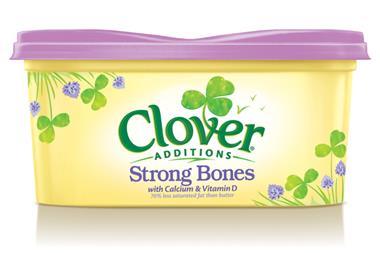
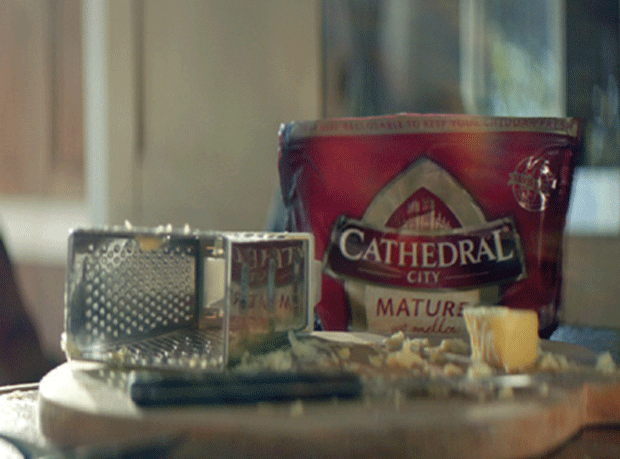
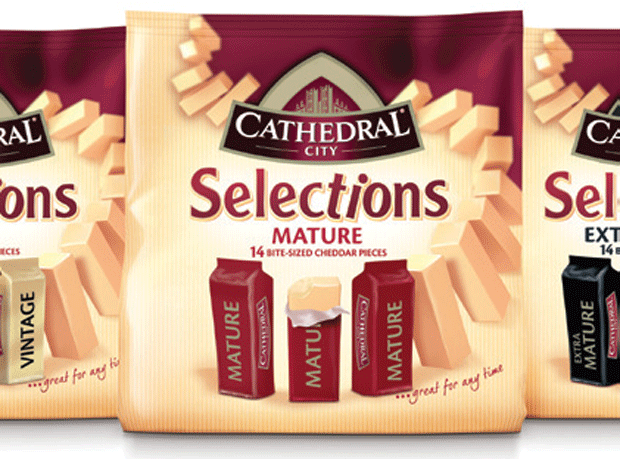
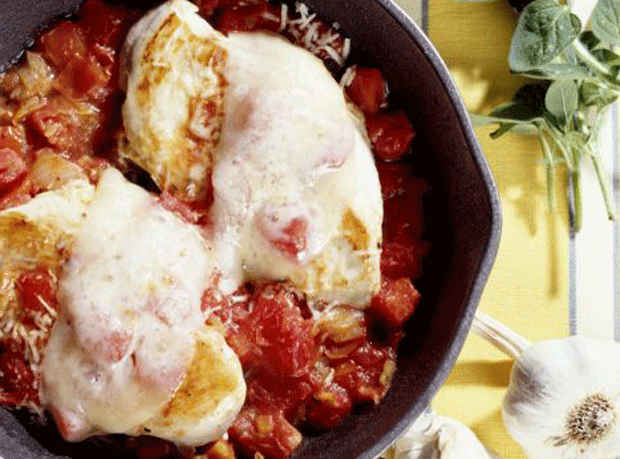
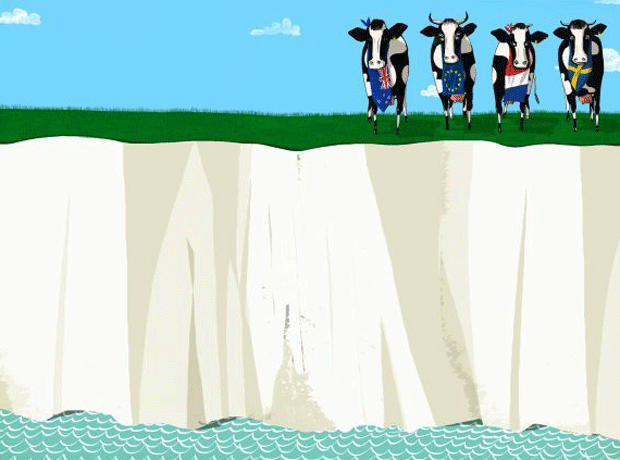
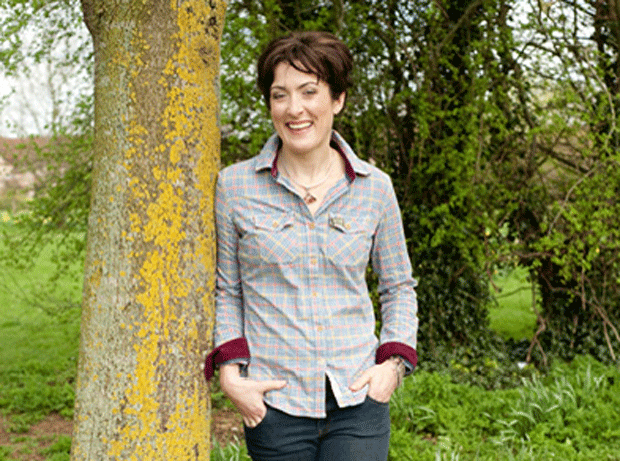
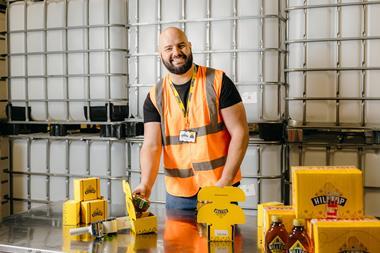
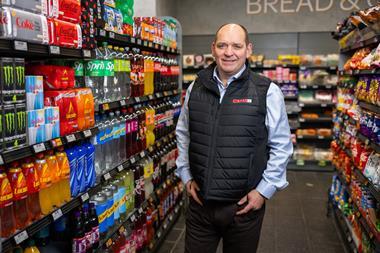
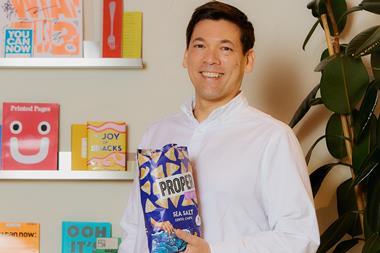
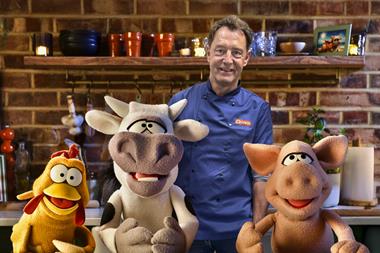
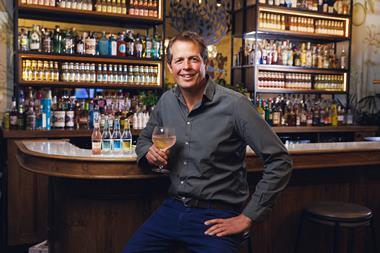
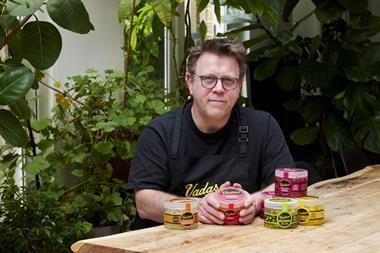
No comments yet